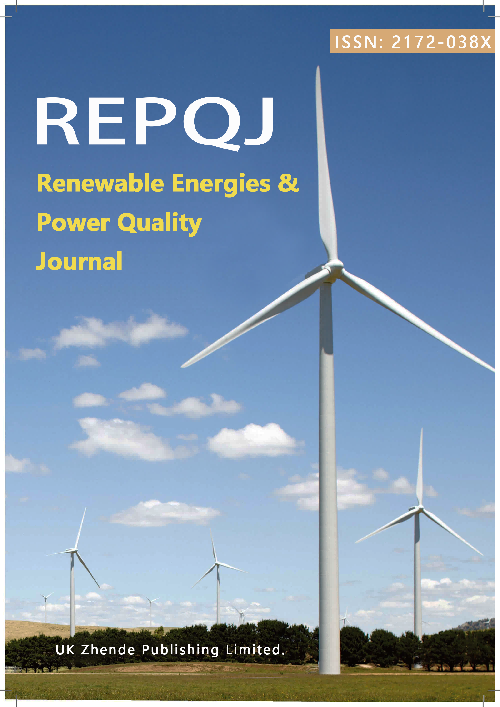Optimal Scheduling and Operational Strategies for Wind-Solar Coupled Hydrogen Production Systems Using Mixed-Integer Programming and Machine Learning
DOI:
https://doi.org/10.52152/4254Keywords:
Renewable energy hydrogen production, Wind-solar coupling, Mixed-integer programming, Machine learning scheduling, Hydrogen efficiency-cost analysis, Dynamic energy managementAbstract
Green hydrogen energy, produced from renewable sources such as wind and solar power, is pivotal for global decarbonization. However, existing hydrogen production methods face challenges in balancing efficiency and cost under renewable energy volatility. This paper proposes a novel hybrid optimization framework integrating mixed-integer programming with machine learning to address the intermittent nature of wind and solar power. This article proposes a new hybrid optimization framework that combines mixed integer programming with LSTM based time pattern recognition. The machine learning component dynamically adjusts the operating parameters of the electrolytic cell based on renewable energy generation predictions from 24 hours ago. Unlike prior studies that rely on static models or short-term scheduling, our approach dynamically adjusts hydrogen production schedules using time-series data analysis, achieving a 20% improvement in energy utilization and 15% cost reduction. Simulations across three wind resource scenarios demonstrate the framework’s superiority: it reduces wind curtailment by 20–30% and shortens the investment payback period to 6.5 years, outperforming traditional methods such as steam reforming and high-temperature gas-cooled reactors in long-term sustainability. The integration of big data further enhances adaptability to market and policy changes, providing a robust solution for scalable and low-carbon hydrogen production.
Downloads
Published
Issue
Section
License
Copyright (c) 2025 Shilong Liu, Chengbang Ma (Author)

This work is licensed under a Creative Commons Attribution 4.0 International License.











